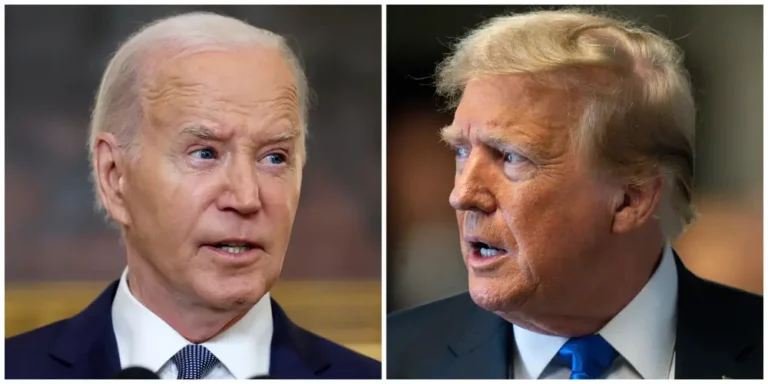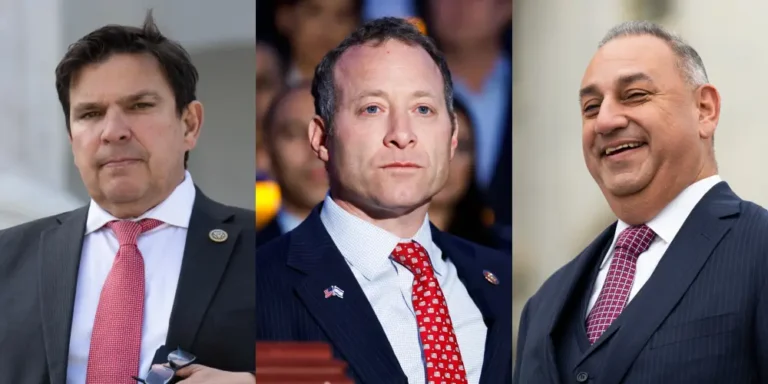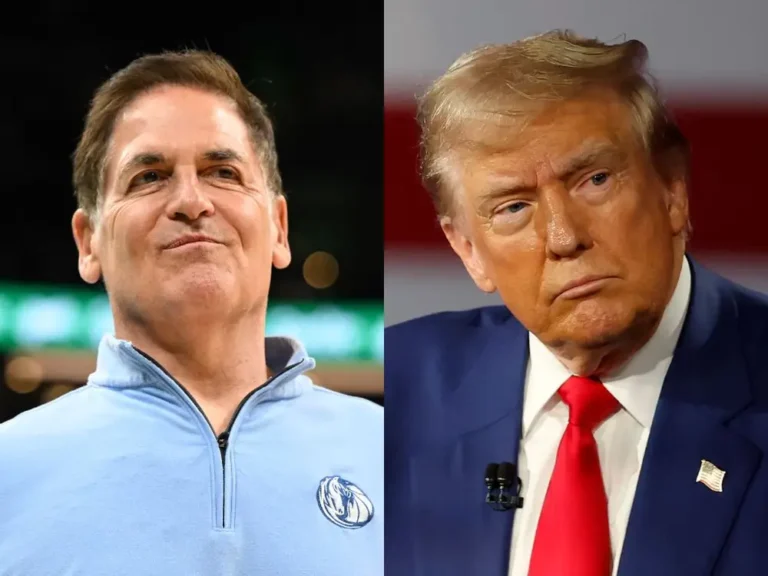Biden is going after corporate giants for being too big. Here’s who he’s targeted so far.

President Joe Biden is really leaning into his pro-labor image.
The Biden administration has launched investigations and antitrust lawsuits against several mega corporations, many in the tech sector, that it accuses of behaving like monopolies — and it’s setting him apart from his predecessors.
“This is definitely a different agenda than previous presidents,” Rebecca Allensworth, an antitrust expert at Vanderbilt University, said. “I think that Biden is saying … consolidation and the power that large companies have gotten over the last 20, 30 years isn’t good for the American consumer or for Americans in general. I think it’s very mucha deliberate attempt to take away on some of that market power that these big corporations have accumulated.”
Here are some of the biggest companies Biden has targeted.
Nvidia and OpenAI
Federal investigators have been given the green light to investigate the biggest names in artificial intelligence: Nvidia, the leading producer of AI chips, and OpenAI, which created ChatGPT. With a divide-and-conquer approach, the Department of Justice and the Federal Trade Commission will investigate Nvidia and OpenAI, respectively, to sniff out potential antitrust violations in the AI arms race, according to The New York Times. The FTC will also investigate Microsoft and its multibillion-dollar investment in OpenAI.
Live Nation

In May, the Justice Department filed an antitrust lawsuit against Ticketmaster’s parent company, Live Nation Entertainment, which Attorney General Merrick Garland accused of “anti-competitive and illegal” business practices that have stifled innovation and led to worse experiences for fans, artists, promoters, and vendors.
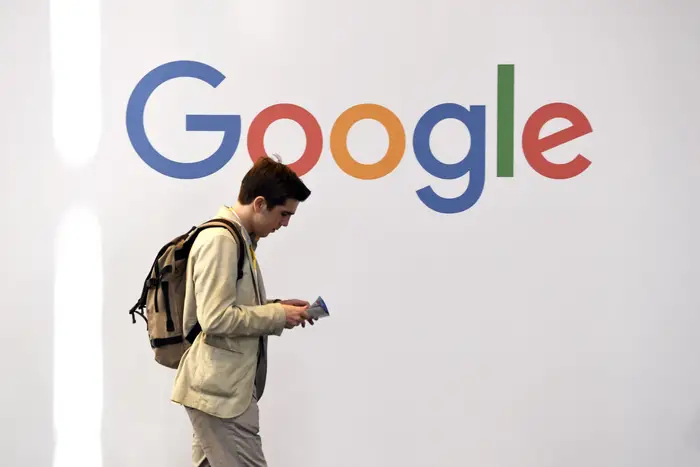
We are still waiting on a verdict in the yearslong antitrust case against Google. The DOJ and several states accused Google of monopolizing as a search engine and cutting off competition.
Arguments in the case concluded earlier this month, leaving the future of Google (and much of the tech industry at large) in the hands of a US district judge who may clear the company or find it liable and demand it make changes.
Apple
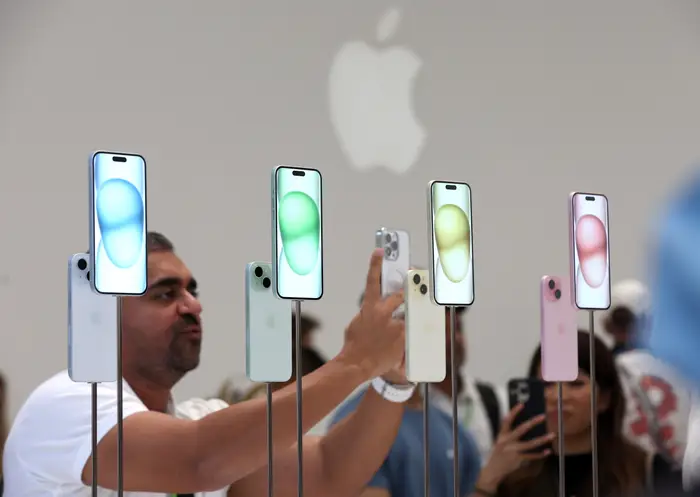
The Justice Department filed an antitrust lawsuit against Apple in March, accusing the company of taking over the smartphone market by “delaying, degrading, or outright blocking” the competition. The company has created a “smartphone monopoly,” the Justice Department argued, using restrictive policies, accessories, and software.
Amazon
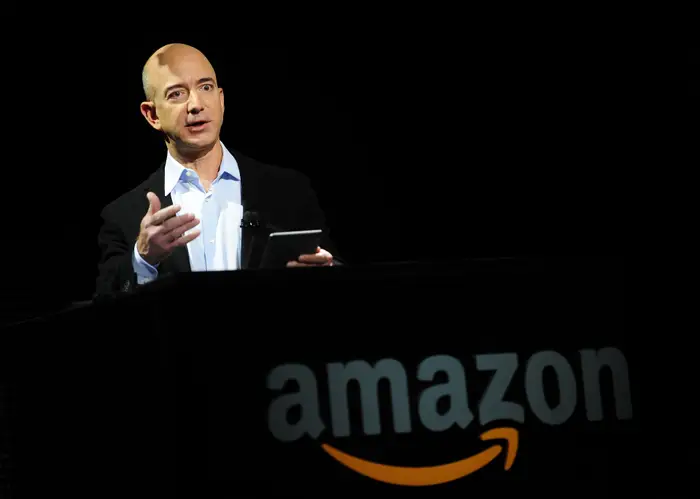
The FTC took Amazon to court last year, accusing the company of luring customers into signing up for its Prime subscriptions. The FTC claimed that Amazon “knowingly duped millions of customers.” An investigation previously found that the company was aware of its confusing sign-up infrastructure for years but did not act on it. Meanwhile, an antitrust suit brought against Amazon by the FTC is set to begin in 2026.
Meta
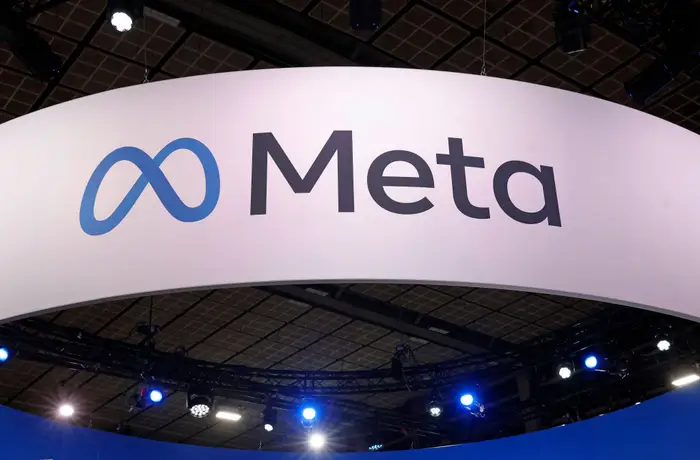
The FTC and dozens of states filed suit against Meta, formerly Facebook, accusing the company of buying up Instagram and WhatsApp to quash competition.
“I think there’s a reason why they have one big monopolization case, at least, against each of the four major American tech companies,” Allensworth said. “Tech is too dominant. Tech has a dangerous level of market power, and it’s oppressing competition and creating products that are more dangerous and more expensive than they need to be.”
The Biden administration is targeting more than just tech, however. It has also intervened in the merger of JetBlue and Spirit Airlines, which a federal judge ultimately blocked, and Kroger’s bid to acquire Albertsons Companies, which is still pending following an FTC lawsuit.
Collectively, it sends a clear message to companies that “the problem goes beyond tech,” Allensworth said. “Other sectors, too, suffer from concentration and could do with a bit of antitrust enforcement.”
But while the administration can bring investigations and litigation, the outcome is out of its hands.
“It really lies with the courts, and the courts are not immune to political change, but less susceptible to the winds of politics,” Allensworth said.




